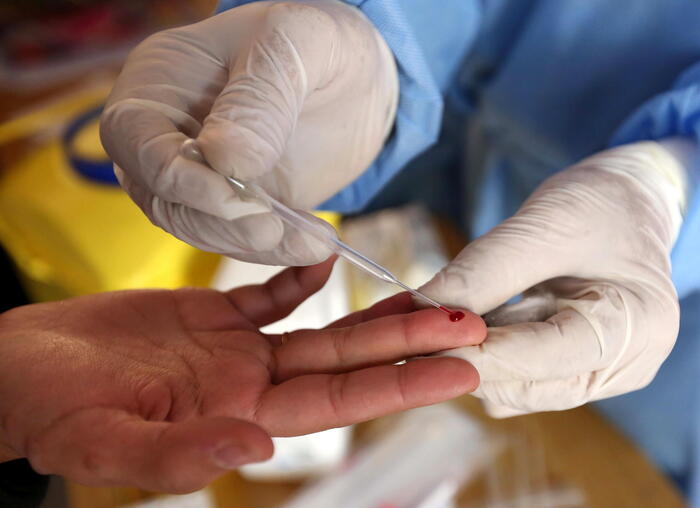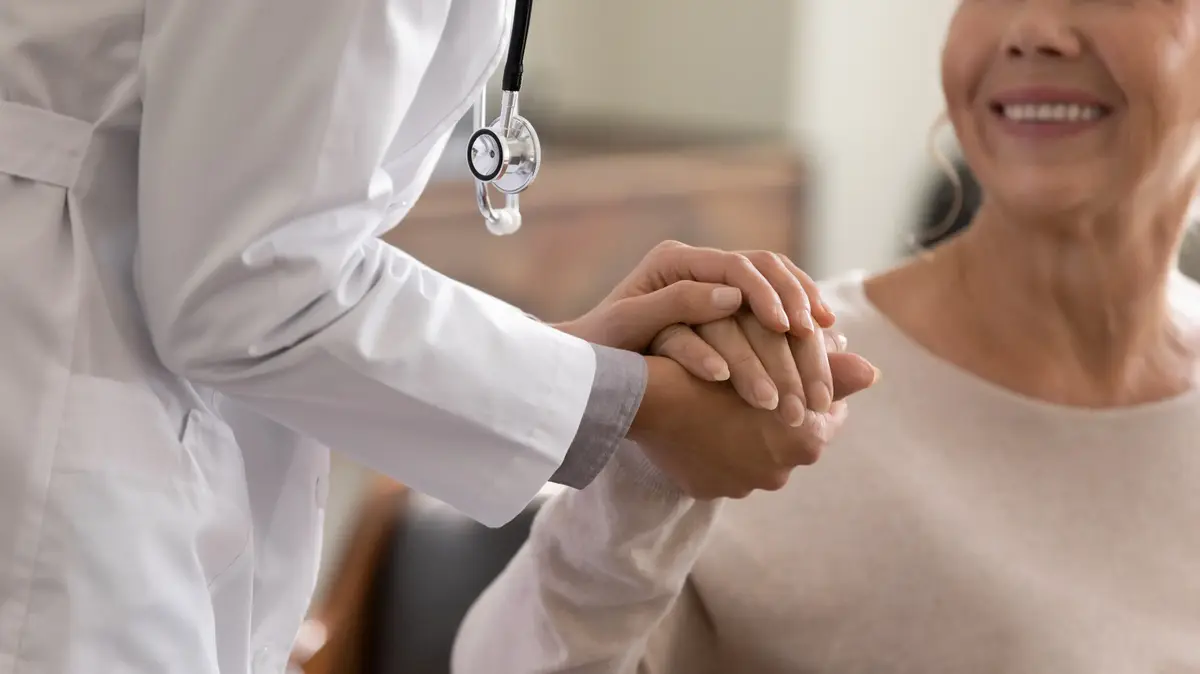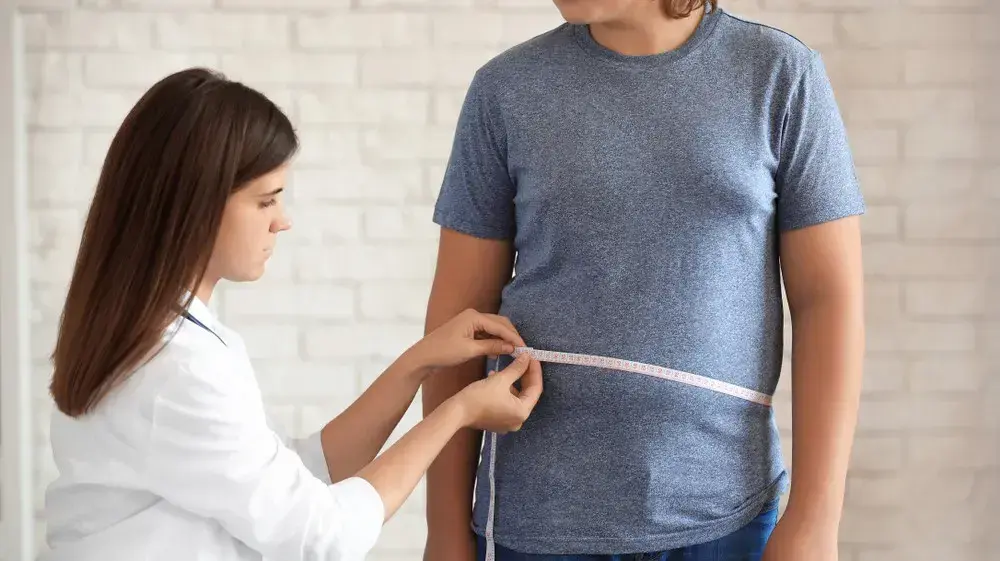It is an obligatory passage, which sometimes makes it possible to avoid the worst by detecting as quickly as possible, for example, a cystic fibrosis. Screening at birth in all newborns should be extended to seven additional diseases, recommends the High Health Authority (HAS) in a notice published on Monday. These are "rare hereditary" conditions, it is specified. This would bring the number of tests done on a baby's blood sample to a dozen.
1/2 # Press release | Neonatal screening: 5 diseases are currently being researched by biological tests carried out using a drop of blood on blotting paper
↪ The HAS recommends expanding this screening to 7 new diseases
👉 https://t.co/g53DGORkvs pic.twitter.com/e7CE5bp3A0
Neonatal screening aims to "search all newborns for certain rare but serious diseases, mostly of genetic origin," recalls the HAS. Objective: act "before the onset of symptoms" in order to "avoid or limit the negative consequences of these diseases on the health of children".
What new diseases will be detected?
The seven added diseases are part of a group of 24 "innate metabolic errors (ADE)" that HAS has evaluated. These are "leucinosis (MSUD), homocystinuria (HCY), tyrosinemia type 1 (TYR-1), glutaric aciduria type 1 (GA-1), isovaleric aciduria (IVA) , the dehydrogenase deficiency of long chain hydroxyacyl-CoA (LCHAD), and the deficit in carnitine uptake (CUD) ”.
The deficit in MCAD, a rare disease characterized by an inability of the body to use fat as a source of energy, "will be integrated into the program in 2020", recalls the HAS. She recommended this systematic screening in 2011 "to prevent easily preventable deaths" with "simple dietary rules".
What diseases were already screened?
Five diseases are currently being researched by biological tests carried out using a drop of blood taken from the heel of the newborn and collected on blotting paper.
These five diseases are phenylketonuria, congenital hypothyroidism, cystic fibrosis, congenital adrenal hyperplasia and, for children at risk, sickle cell anemia.
What technique allows this screening?
This addition is part of a technique (“tandem mass spectrometry”) which makes it possible to quickly and simultaneously detect from a single blood sample more than thirty innate errors of metabolism (EIM).
The inclusion of new pathologies in the screening program will require an evolution in the organization of the 13 centers of expertise but also of maternity wards, notes the HAS. Above all, maternity hospitals must ensure that the samples are taken between 48 and 72 hours after birth, and that the blotters are sent to the laboratory "within a maximum of 24 hours".
What about other pathologies?
HAS has not yet selected the 17 other pathologies but will reassess some of them within 3 years.
Why these additions?
The associations had denounced the delay of France in terms of diagnosis at the birth of rare diseases, last February on the occasion of the international day dedicated to these diseases.
"Sweden, Austria screen for 24 diseases, Belgium more than a dozen (11 in Flanders, 13 in Wallonia)" while France only screens for five at birth (in addition to the deafness introduced more recently ), remarked Nathalie Triclin, president of the Alliance of rare diseases.
Newsletter - The essentials of the news
Every morning, the news seen by Le ParisienI'm registering
Your email address is collected by Le Parisien to allow you to receive our news and commercial offers. Find out more
The cost (8.6 million euros per year, or 11 euros per newborn) does not explain this delay, rather "indicative of the poor organization of the French system", according to her.









